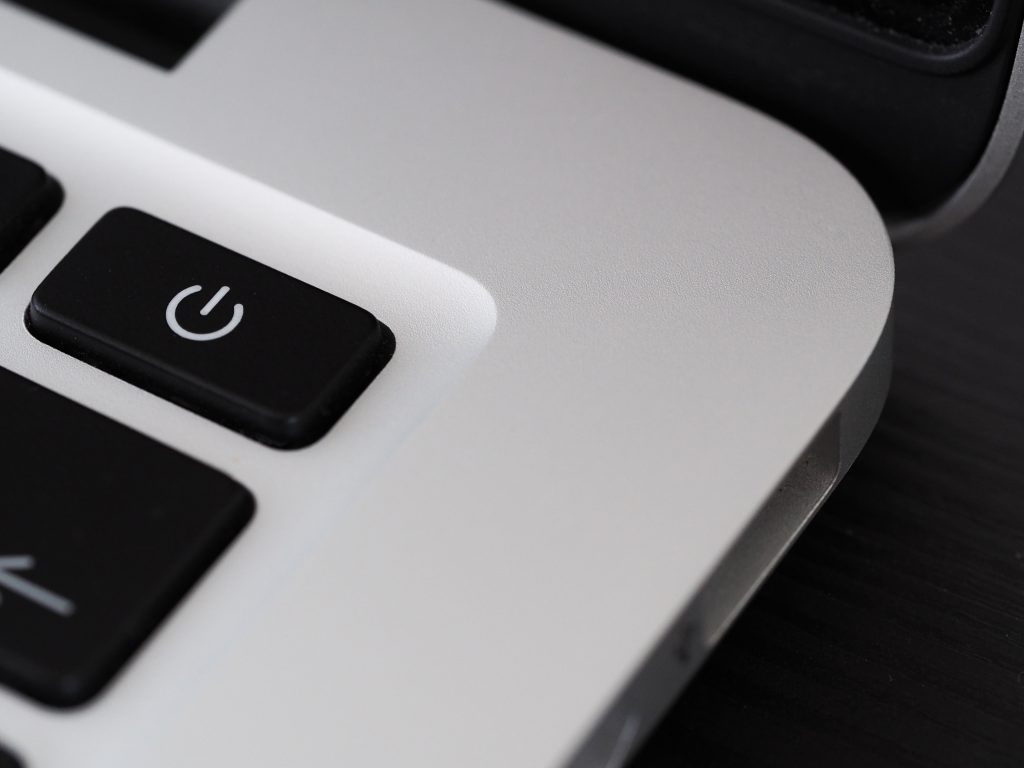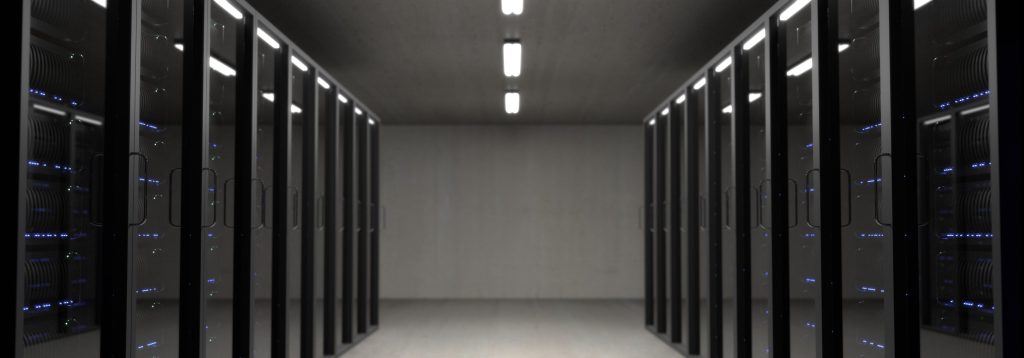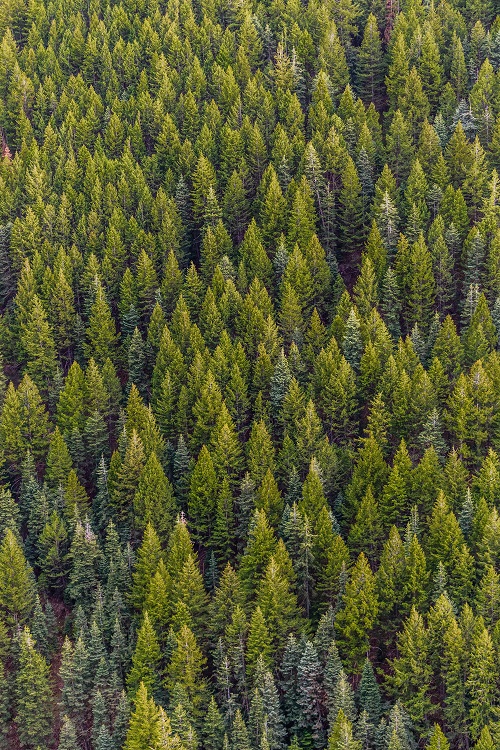
The theme for WPDP2023 (2 November) is Digital Preservation: A Concerted Effort. This post is a write-up of an online talk to celebrate the day. It expands on the Library and Records Management’s wish to embed sustainable practices in their roles, explore efforts being made by the sector and examines how we can preserve files in the very long term to acceptable standards, while doing as little damage to the planet as possible.
It might not be as obvious as oceans filling with plastic, deforestation or chimneys and exhausts pumping out smoke, but using computers for work or leisure has an effect on the world and is a source of carbon emissions, from the creation of the hardware to how we communicate, transmit and store data. It’s estimated that 200 zettabytes will be stored in the cloud by 2025 (heard at a training session from Leadership Through Data / AVEPoint), and that cloud storage now has a greater carbon footprint than the airline industry.
The high impact of storing data for long periods, usually in data centres, is because they require large amounts of power and cooling. They can also cause noise pollution and increase ‘immortal waste’; Greenpeace estimate that less than 16% of e-waste is recycled. (See The Staggering Ecological Impacts of Computation and the Cloud by Steven Gonzalez Monserrate for more on this area).
Hardware / software
Did you know the average lifespan of a laptop is 3-5 years? This means over a career spanning 50 years, you may use between 10-17 laptops! Choosing to look for an Energy star rating or using EPEAT (Electronic Product Environmental Assessment Tool) resources when you are buying a new laptop or desktop can mean that you impact is minimised. Rather than buying new, consider measures which will keep your existing device going for longer, or buy a refurbished model. Look for suppliers who have a good e-waste disposal policy as this will mean they are likely to be conscious of their impact. Keep your device clean, and vents clear so that it does not overheat, and use protective bags and proper storage so that damage is less likely.

Using technology efficiently
It’s an obvious thing to say, but turn off your device when you are not using it – the less power you consume, the lower your carbon footprint and electricity bill will be. Some other tips:
- Lower your screen brightness and volume
- Use Task Manager to close down apps or software you are not using
- Rather than a screensaver, set your monitor to go blank or dim or switch off when not in use
- Delete files and apps you don’t need and stop auto-launch of apps
- Rather than cluttering up your laptop, which might slow it down, use other storage methods e.g. the cloud or a hard-drive (these will also have an impact though!)
- Be aware of and delete ‘dark data’
Browsing tips
We are all used to streaming music, and doing a bit of online shopping while watching internet TV, but perhaps it’s time to be a bit more conscious of what the impact of these activities is. Do you need to be online at all? Can you focus or limit the time you spend and do something off-line instead?
Downloading is known to be less energy-hungry than streaming, so you could work with downloaded files rather than editing them ‘live’. Consider using a ‘greener’ browser e.g. Ecosia (although this has been accused of greenwashing) or a green extension (e.g. https://www.thegreenwebfoundation.org/tools/green-web-browser-extension/ ) which will show whether the website you are using runs on green energy. Do some research and don’t fall for greenwashing!
Don’t have too many tabs open at one time – move them into bookmarks, or just close them down when you have finished with them. This may also help you to focus on one particular task at a time.
Blurring your background during Teams calls or turning your camera off will decrease bandwidth and power used – could you go and talk to your colleague(s) face to face instead?
Be curious – ask your providers if they recycle electric waste responsibly? Are their data centres running on green energy? Can you switch to using recycled paper?

It can be difficult to accurately calculate the carbon footprint of things we do, but did you know that it is estimated that an email emits an average of 4g of CO2, equal to a low energy lightbulb being left on for 6 months? If the email contains a big attachment and is sent to a large number of recipients, this can increase to 35g of CO2. (You can try a tool like this to calculate your own impact). In order to minimise our footprint, we need to think about whether the email is necessary in the first place. Only copy those in who need to be informed and take action, and limit the number of logos and images in your message. Sending a link to a shared document is a more efficient way to collaborate than attaching a copy, that each person keeps a copy of, and that you would have to update and combine all the changes into, and recirculate.
We probably all have larger inboxes than we can cope with, but it’s worth trying to unsubscribe from irrelevant mailing lists, and periodically going through emails to delete spam and old messages. You can check the size of your inbox by clicking on the ‘File’ tab in Outlook and then choosing ‘Mailbox settings.’
Storing information
Lets now think about the information we store, either in the cloud or in locations such as the shared drives: what can you do to lessen the environmental impact of that storage?
First of all there’s reducing duplication and just have one version of something – save a document in a shared location and send links (SharePoint and Teams keep a version history of a document so there is no need to save a copy yourself) and consider only keeping major versions. This will mean that there’s less digital content to preserve and so less of an environmental impact
Delete more trivial documents that you don’t need – when we’re talking about digital preservation only keep those things that have a long term value (records of decisions, actions, transactions etc) – use the retention schedules to determine what needs to be kept and don’t keep information for any longer than specified.
And linked to that point, proactively review your storage by scheduling in time at least annually to do these reviews – if you don’t set aside time to do this it will never get done!
Consider whether you need to have high quality images in your files (documents, PowerPoints etc) or whether lower quality will suffice.
Just a quick note about scanning – people often think it is a better alternative to paper storage – scan the original and then dispose of it. But from a digital preservation and an environmental perspective scanning isn’t very green – this is because a scanned image might end up in the cloud (with the associated impact), and also bear in mind that there was an environmental impact in creating the paper version in the first place (such as water, wood, transport) – so you’ve basically had all of those impacts and now you’re adding to it further for no gain.
Digital preservation

The University is using a company and product called Arkivum to manage its digital research outputs and data (see Leicester Research Archive ) and archive material (coming soon!). Arkivum are conscious of the impact of digital preservation and ran a webinar on this issue in April 2023 : https://arkivum.com/arkwebinar-recording-environmental-sustainability-of-digital-preservation-in-the-cloud/. Tom Jackson and Ian Hodgkinson at Loughborough University are also doing some excellent work in digital decarbonisation – see digitaldecarb.org.
We will consider the changes we can make to our workflows, so that environmental issues are considered, ensuring that we are not capturing and storing material that we do not need, that we are being efficient in processes, using slower and less impactful storage for material that is not required often, and creating access copies on demand rather than routinely.
Things we all need to do
- Keep less – finding better ways to select what we really need to preserve
- Accept that we won’t preserve everything (even if we might want to)
- Do less to preserve our digital content
- Change expectations on access (we don’t need access to everything, everywhere, all at once)
- Increase efficiencies and work jointly on shared platforms
Things you can do
- Regularly review your digital information (using our retention schedules)
- Consider whether something needs storing at all
- Be mindful when sending emails (and manage them proactively)
- Store information in central locations (with appropriate permissions) to avoid duplication
- Send links rather than attachments
- Transfer information to archives
- If you have any questions related to hardware and suppliers please email ITHelp with the subject line “Sustainability Enquiry” or ask at one of the helpdesks

Further reading
Some sources of information and guidance follow:
University of Leicester Records Management sharepoint pages (UoL only) and retention schedules
University of Leicester Archives & Special Collections page on digital records
University of Leicester Social Impact team Sustainability sharepoint pages and website
The sustainability titles in the reading zone (ground floor of David Wilson Library) and on Overdrive
Panorama documentary on BBC iPlayer: Is the cloud damaging the planet?
Eira Tansey’s paper ‘A green new deal for archives’
University of Loughborough digital decarbonisation pages
Greenhouse gas protocol webpages
Arkivum’s talk on Environmental Sustainability of Digital Preservation in the Cloud
Archives and Records Association Environmental Sustainability group
Digital Preservation Coalition’s links on Environmentally Sustainable Digital Preservation
Using data centres to heat water in Denmark and in the UK
David Jenkins, Records manager, and Vicky Holmes, University Archivist

 Subscribe to vholmes's posts
Subscribe to vholmes's posts